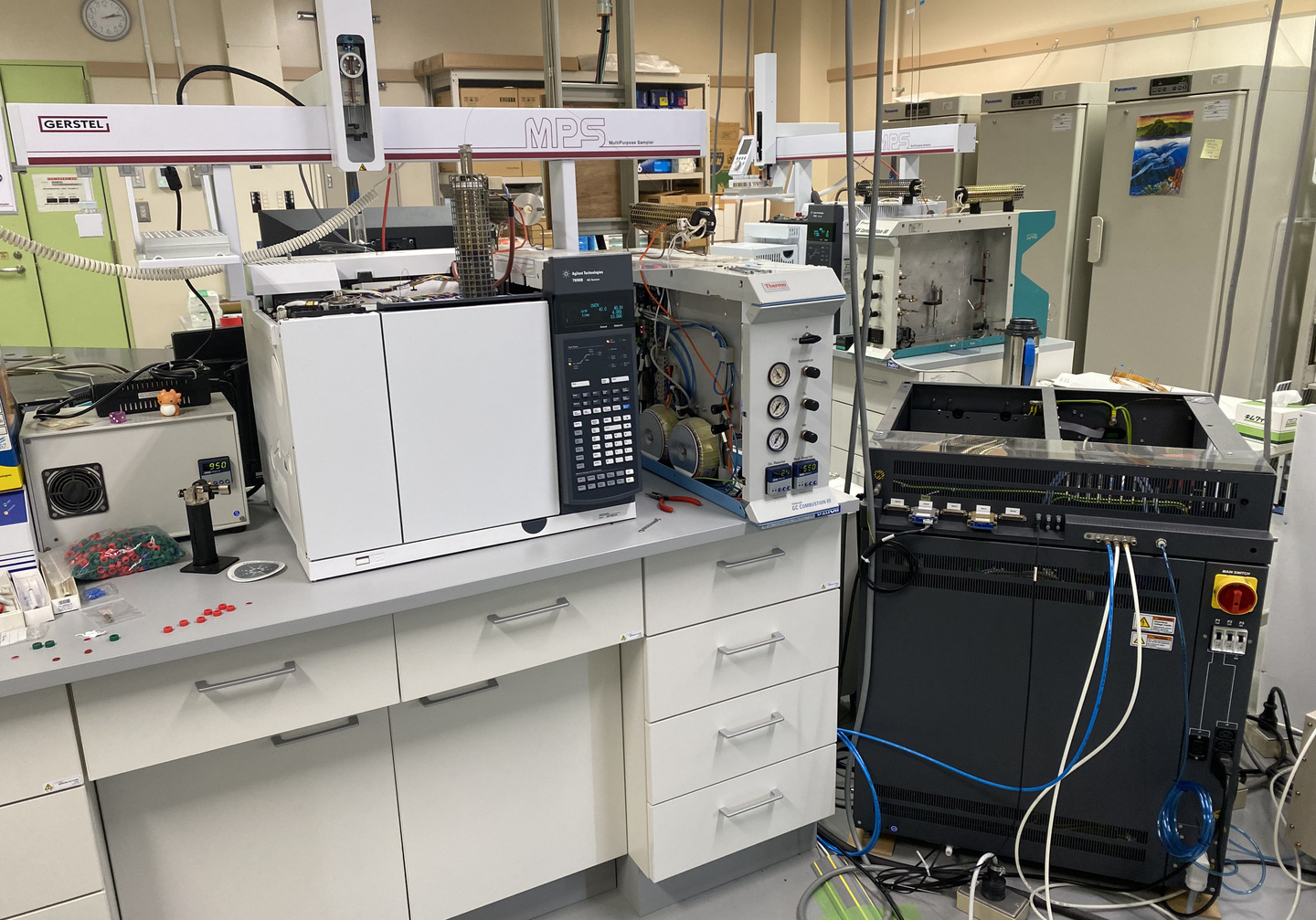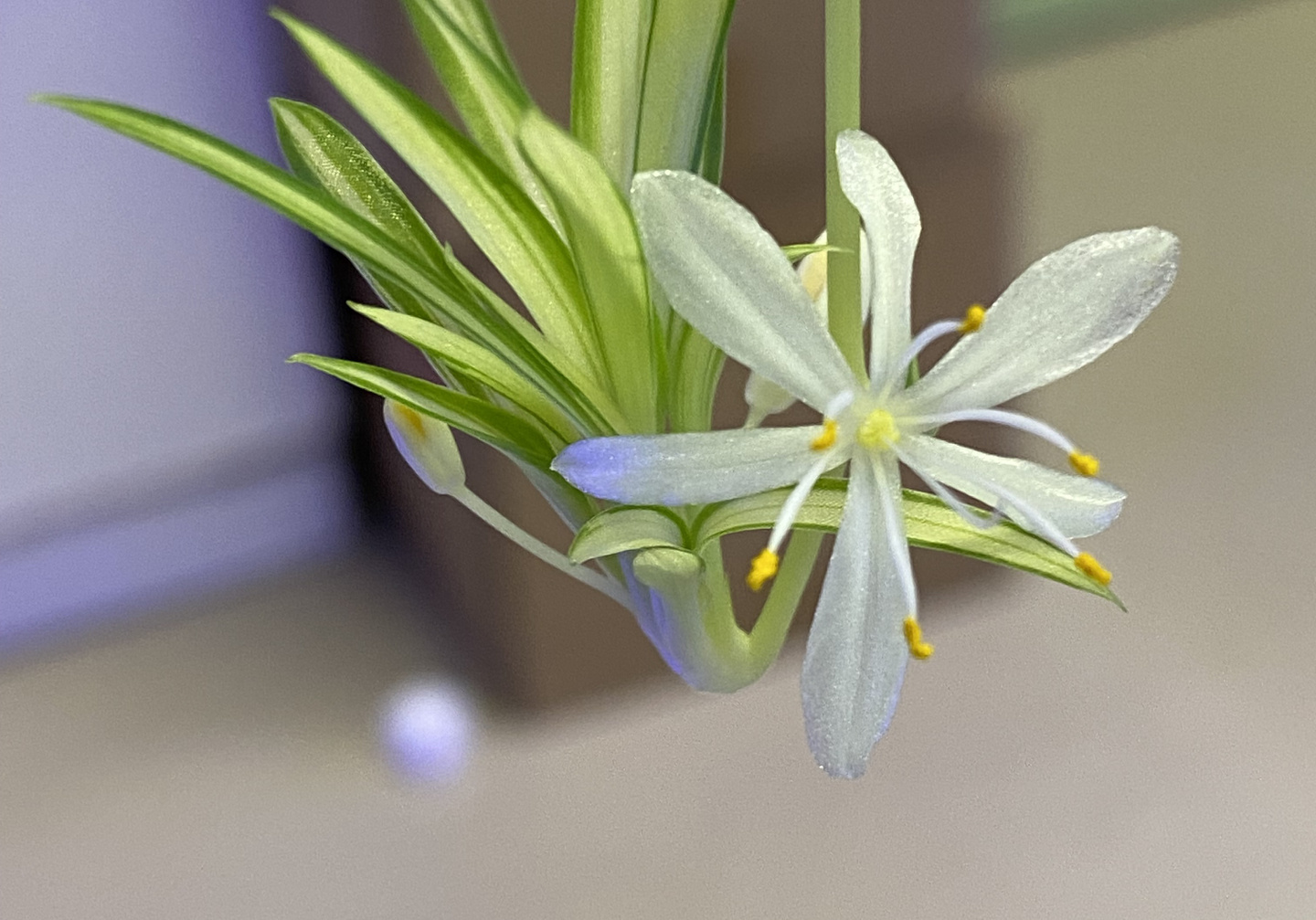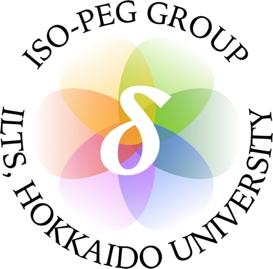Research Subjects
Theme:
It is hypothesized that organisms have evolved to acquire an ecologically and economically the most efficient system in the cycle of resource/energy utilization in nature, due to the continuous repetition of try and error for a very long time. To proof this 'eco'-system and to learn sustainability from the smart ecosystem, we must evaluate:
(1) how energy is preserved, transferred, stored, and consumed in biosphere where the photosynthesis of plants and phytoplankton can fix solar energy into organic compounds, and subsequently, the fixed energy is transferred and consumed in animals along food webs, and
(2) how the flux in physiological processes, which closely related to the energy cycle, is recorded in 'stable isotope ratios of organic compounds'.
The major objectives of our research group are therefore to illuminate/illustrate the energy cycle in organisms, food webs, and biosphere today and throughout geological time, by using molar balances and isotopic compositions (e.g., D/H, 13C/12C, 15N/14N) of organic compounds.
<Current research subjects>
- Adaptation of organisms to environmental changes (e.g., phenology, starvation, invasion,etc.)
- Adaptation of organisms to low temperature habitats
- Energetic and functional ecology in biogeochemical cycles
- Key processes for controlling isotopic compositions of organic compounds in organisms’ physiology
- Universality (as well as generality and predictable fluctuation) in the change of the isotopic composition of organic compounds
- Method for (and methodology using) compound- and position-specific isotope analysis of organic compounds, and physiological, ecological, and/or geochemical applications of the method/methodology developled.

Gas chromatograph-isotope ratio mass spectrometer

Evaluation of storage utilization for flowering and leafing of deciduous plants

Illustration of the energetic flow/flux in symbiotic systems
[Major Contents]
Welcome English / 日本語
People/メンバーの紹介
Research subjects/研究の概要
Seminar/研究室ゼミ
Prospective Students/学生募集
Fee for Analysis/依頼分析
スポンサー/Sponsorship
[Others]
安定同位体比を用いた研究の基礎知識
海水魚とサンゴの飼育: 概要 と 注意点
水槽の説明と自作 と ギャラリー
コラム:研究者を志す皆さんへ
研究室の写真: Instagram と 写真ギャラリー


